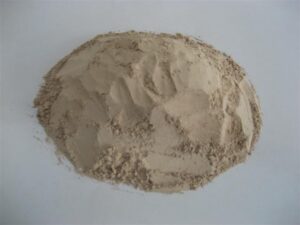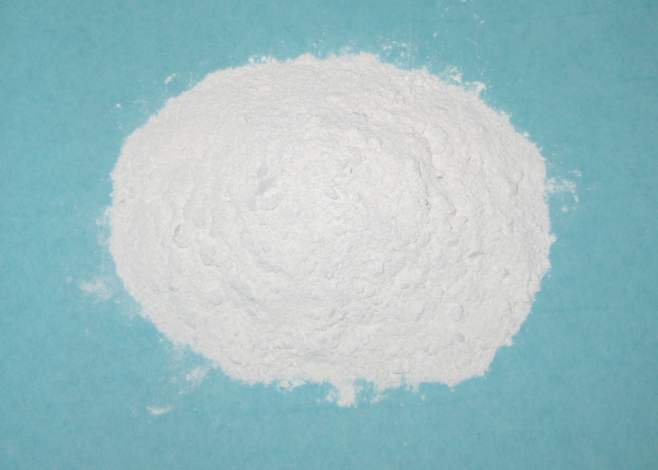Barite, a naturally occurring barium sulfate (BaSO₄) mineral,
is a crucial raw material in various industries, particularly in the production of barium compounds. With its unique properties, barite serves as a primary source of barium, which is essential for many applications, including drilling fluids, paints, and pharmaceuticals. This article explores the significance of barite in producing barium compounds and its applications across different sectors.

What is Barite?
Barite is a dense mineral that typically appears in white, yellow, or gray colors. It is primarily composed of barium sulfate and has a high specific gravity, making it valuable in many industrial applications. Barite is extracted through mining processes and is processed to obtain various grades suitable for different uses.
https://iranmineral.net/barite-powder/
Benefits of Barite in Barium Compound Production
1. High Purity
One of the key advantages of using barite in the production of barium compounds is its high purity level. High-purity barite ensures the quality of the final barium compounds, making them suitable for specialized applications. Industries that require stringent purity standards, such as pharmaceuticals and food processing, benefit significantly from high-quality barite.
2. Chemical Stability
Barite is chemically stable, which makes it an ideal source for producing various barium compounds. Its stability allows for predictable reactions in chemical processes, ensuring consistent results. This characteristic is particularly important in industries that rely on precise formulations, such as the manufacturing of pigments and plastics.
3. Versatility
Barite serves as a versatile raw material in producing a wide range of barium compounds, including barium carbonate (BaCO₃), barium chloride (BaCl₂), and barium hydroxide (Ba(OH)₂). These compounds have diverse applications, from oil and gas drilling to manufacturing glass and ceramics.
Applications of Barium Compounds
1. Drilling Fluids
Barium compounds derived from barite are extensively used in drilling fluids for the oil and gas industry. The high density of barite helps control pressure and prevent blowouts during drilling operations. Barium sulfate is often added to drilling mud to provide the necessary weight and stability.
2. Paints and Coatings
Barium compounds are widely used in the paint and coatings industry as pigments and fillers. Barium sulfate, in particular, is known for its opacity and brightness, making it a popular choice in decorative and industrial paints. Its addition enhances the durability and performance of coatings.
3. Pharmaceuticals
In the pharmaceutical sector, barium compounds are utilized in various applications, including radiology. Barium sulfate is commonly used as a contrast agent in medical imaging to enhance the visibility of the gastrointestinal tract during X-rays. This application highlights the importance of barite-derived compounds in healthcare.

